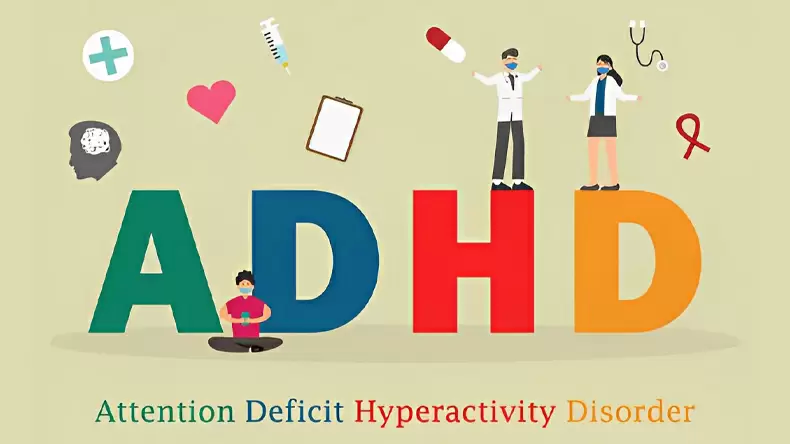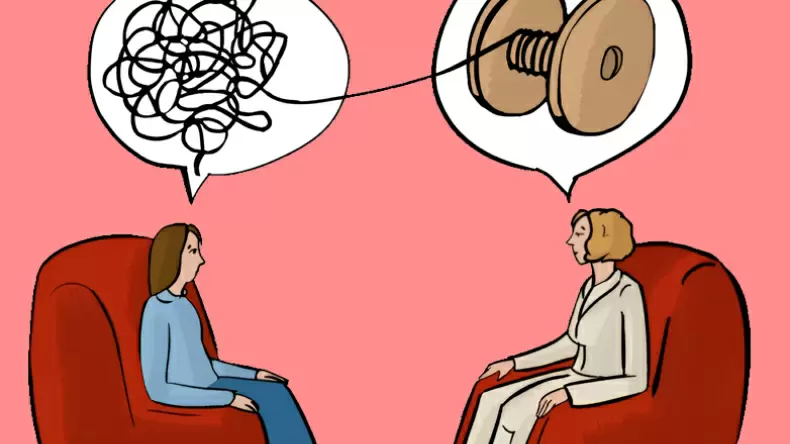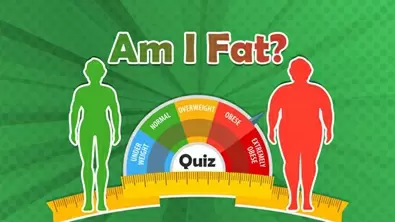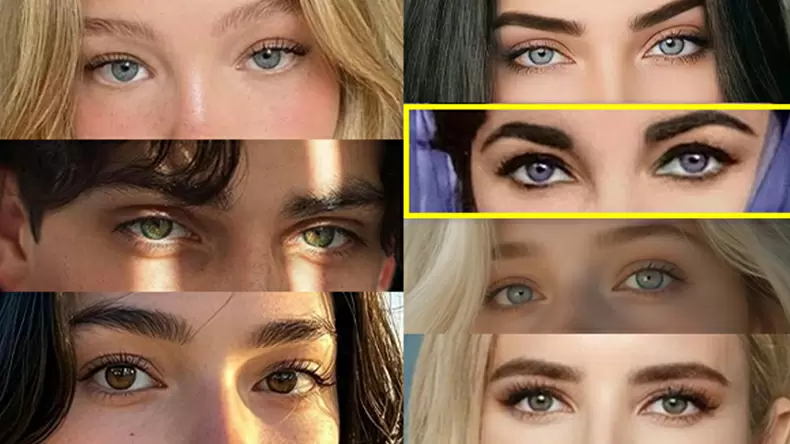Are You Fat, Fit, or Fighting Belly Fat? Find Out Here Quiz
Adult ADHD Traits: A Quiz on Common Attention Patterns
ADHD (Attention Deficit Hyperactivity Disorder) is a condition that can affect focus, organization, and emotional regulation in adults. This quiz presents behavior patterns that are sometimes linked to ADHD traits. It does not provide a diagnosis and is intended for informational purposes only.
Recognizing ADHD in Daily Life
Many adults with undiagnosed ADHD face challenges in work and relationships without understanding the cause. They might miss deadlines despite good intentions, frequently lose important items, or struggle to follow conversations in noisy environments. These everyday difficulties often lead to frustration and self-doubt before diagnosis. 
Common Misconceptions About ADHD
There are several myths surrounding adult ADHD that can prevent people from seeking help. Some believe ADHD is just an excuse for laziness, or that it only affects hyperactive children. In reality, ADHD is a legitimate neurobiological condition that persists into adulthood, often manifesting differently than in childhood. Understanding these facts can help reduce stigma and encourage proper evaluation.
Key Signs of Adult ADHD
Adults with ADHD often struggle with time management, organization, and task completion. Symptoms may include chronic procrastination, forgetfulness, restlessness, and difficulty maintaining focus. Unlike childhood ADHD, adults typically experience more internal restlessness than visible hyperactivity.
Understanding ADHD Diagnosis
Proper diagnosis requires evaluation by mental health professionals through clinical interviews and assessments. While this test isn't diagnostic, it can indicate if professional ADHD testing might be helpful. Many adults find diagnosis explains lifelong challenges with focus and organization. 
Treatment and Management Options
Effective ADHD treatment may include:
- Medication (stimulants/non-stimulants)
- Cognitive Behavioral Therapy
- Organizational strategies
- Lifestyle adjustments
Next Steps
If results suggest possible ADHD, consider consulting a specialist. With proper support, adults with ADHD can develop effective coping strategies and thrive in daily life.
How often do you find it difficult to pay attention to details or make careless mistakes in your work or other activities?

How often do you have trouble staying focused on tasks or activities, such as during lectures, conversations, or reading?

How often do you have difficulty organizing tasks and activities, such as messy workspaces or missed deadlines?

How often do you avoid or dislike activities that require sustained mental effort or concentration, such as studying or paperwork?

How often do you forget daily activities, such as appointments, deadlines, or obligations?

How often do you feel restless or fidgety, or find yourself squirming in your seat?

Do you interrupt others in conversation?

What Is My Ideal Height?(Men) Quiz








